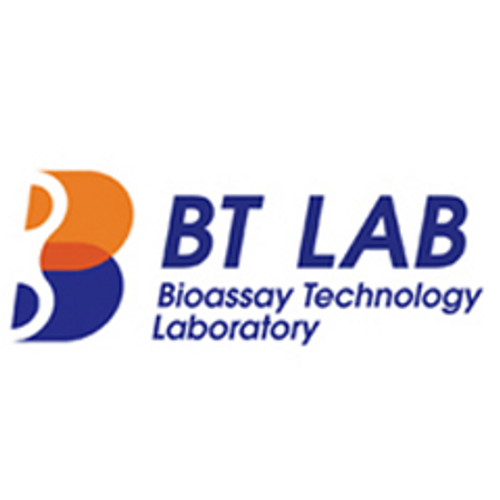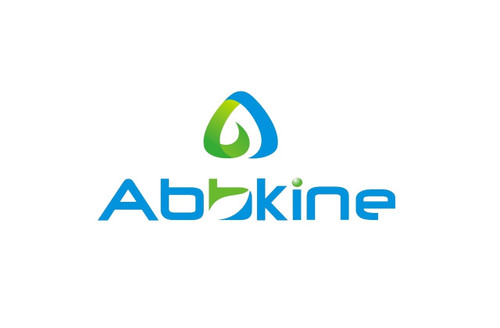Product Description
Human Anterior gradient protein 2 homolog (AGR2) ELISA Kit | AE24291HU | Abebio
Species Reactivity: Human (Homo sapiens)
Abbreviation: AGR2
Alternative Name: AG2; GOB-4; HAG-2; PDIA17; XAG-2; anterior gradient 2 homolog|protein disulfide isomerase family A; member 17|secreted cement gland homolog
Application: ELISA
Range: 1.56-100 ng/mL
Sensitivity: 0.62 ng/mL
Intra-Assay: ≤3.8%
Inter-Assay: ≤6.9%
Recovery: 0, 98
Sample Type: Serum, Plasma, Other biological fluids
Detection Method: Sandwich
Analysis Method : Quantitive
Test Principale: This assay employs a two-site sandwich ELISA to quantitate AGR2 in samples. An antibody specific for AGR2 has been pre-coated onto a microplate. Standards and samples are pipetted into the wells and anyAGR2 present is bound by the immobilized antibody. After removing any unbound substances, a biotin-conjugated antibody specific for AGR2 is added to the wells. After washing, Streptavidin conjugated Horseradish Peroxidase (HRP) is added to the wells. Following a wash to remove any unbound avidin-enzyme reagent, a substrate solution is added to the wells and color develops in proportion to the amount of AGR2 bound in the initial step. The color development is stopped and the intensity of the color is measured.
Product Overview: Anterior gradient homolog 2 (AGR2) is a human protein originally discovered in Xenopus laevis, encoded for by the gene of the same name. In Xenopus AGR2 plays a role in cement gland differentiation, however in human cancer cell lines high levels of AGR2 correlate with downregulation of the p53 response and AGR2 levels are elevated in the preneoplastic tissue Barrett's oesophagus. The deduced 175-amino acid soluble AGR2 protein, which is 91% identical to the mouse protein and 47% identical to the frog protein, contains a signal peptide. Northern blot analysis revealed strongest expression of 0.9- and 1.6-kb AGR2 transcripts in lung and in all ER-positive breast carcinoma lines tested; weaker expression was detected in pancreas.
Stability: The stability of ELISA kit is determined by the loss rate of activity. The loss rate of this kit is less than 5% within the expiration date under appropriate storage condition. The loss rate was determined by accelerated thermal degradation test. Keep the kit at 37°C for 4 and 7 days, and compare O.D.values of the kit kept at 37°C with that of at recommended temperature. (referring from China Biological Products Standard, which was calculated by the Arrhenius equation. For ELISA kit, 4 days storage at 37°C can be considered as 6 months at 2 - 8°C, which means 7 days at 37°C equaling 12 months at 2 - 8°C) .
 Euro
Euro
 USD
USD
 British Pound
British Pound
 NULL
NULL








